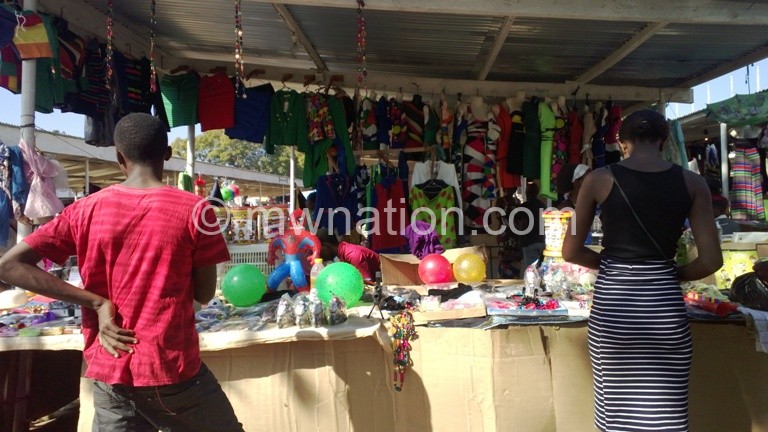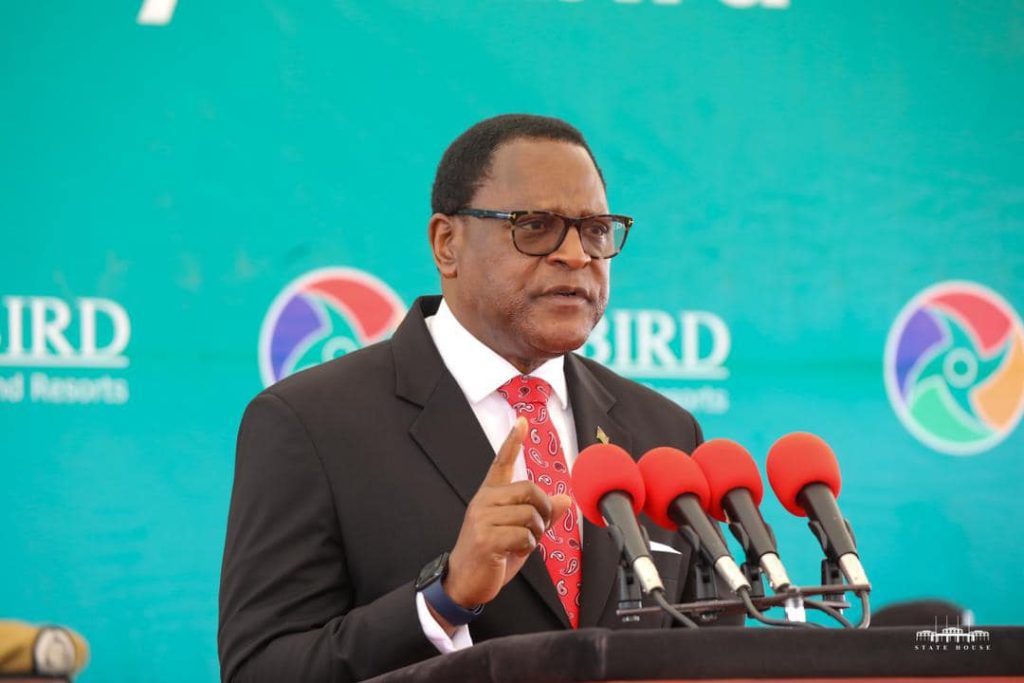The Malawi Confederation of Chambers of Commerce and Industry (MCCCI) says the continued kwacha fall against major trading currencies presents mixed fortunes to businesses.
MCCCI president Lekani Katandula said this in reaction to Reserve Bank of Malawi (RBM) data which shows in August, the Malawi kwacha depreciated by 3.1 percent against the US dollar and traded at K1 094.74 per dollar and also slipped by 2 percent and 1.9 percent against the British pound and euro and traded at K1 429.20 per pound and also K1 226.61 per euro, respectively.
The kwacha fall also extended to the Indian rupee and Chinese yuan, slipping by 2.5 percent and 0.9 percent and traded at K13.12 per rupee and K148.81 per yuan, respectively.
However, the local currency appreciated by four percent and 2.2 percent against the Zambian kwacha and South African rand, respectively, and closed August 2023 at K54.09 per Zambian kwacha and K60.32 per rand.
Katandula observed that the cost of doing businesses for would either decline or fall individual businesses’ sourcing of key inputs.
No one is spared: Even vendors feel the pinch of the fall of the kwacha
He said: “All these currencies are depreciating against the US Dollar but at different rates hence the mixed picture that’s emerging.
“If your inputs are USD-denominated then your inputs are becoming more expensive but if you source locally and earn USD revenues then a depreciating kwacha is good news for your business as it will boost your kwacha profits.”
Following the foreign exchange auctions, the kwacha has continued to lose substantial ground in the past eight months against the dollar, with the local unit falling four times since January this year and now trading at K1 180.
RBM Governor Wilson Banda is on record as having said RBM is conducting the foreign exchange auctions to determine the prevailing market clearing price of the kwacha against the United States dollar and other major currencies.
But analysts have faulted the gradual approach taken by central bank to devalue the kwacha saying the current approach will delay the process to fully align the currency as structural issues have not been addressed.
The modality of the forex auctions is that ADBs bid to sell foreign exchange to the central bank at prices or exchange rates freely determined by each participating bank.
The bids are supposed to be for a minimum of $50 000 and in multiples of $10 000 thereafter.
At the last auction held towards the end of August, kwacha marginally depreciated by 2.8 percent against the dollar from K1 096 to K1 126.
The post Kwacha fall pose mixed fortunes for business appeared first on The Nation Online.
 Moni Malawi
Moni Malawi 

